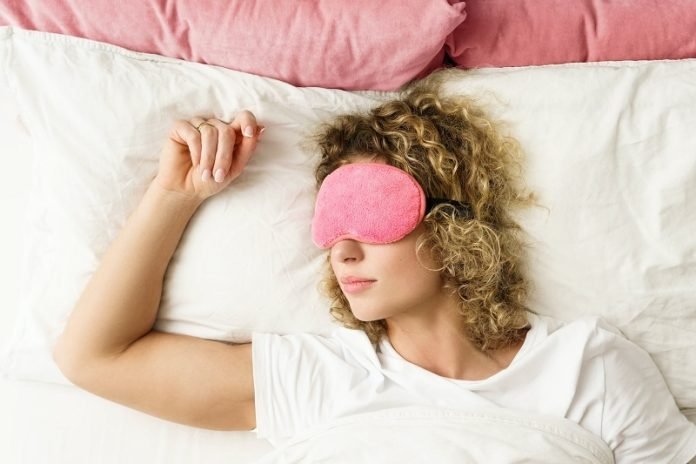
A study conducted at the National Centre for Suicide Research and Prevention (NASP) has found a concerning link between inadequate sleep and an increased risk of depression and suicidal thoughts among middle school students.
The study involved students from 116 schools in Stockholm County and sheds light on the importance of addressing sleep habits and school schedules to promote adolescent mental health.
The study collected information from middle school students about their bedtime and wake times, sleep duration on school days and weekends, and their sleep preference or chronotype.
Additionally, students reported on their perceived sleep quality, depressive symptoms, and thoughts of suicide.
The findings were striking. Approximately half of the students reported sleeping fewer hours than the recommended 8-10 hours on school days. Many students also identified themselves as “night owls,” a chronotype misaligned with the early start times of school.
Importantly, the study revealed that students experiencing depressive symptoms or suicidal thoughts tended to sleep fewer hours on average than their peers without such symptoms.
Theresa Lemke, the corresponding author at NASP, emphasized the key discovery: “The main finding from this study is that adolescents with short sleep duration on school days and poor sleep quality are at higher risk of having depression and suicidal thoughts.
Given that nearly half of the adolescents in this study slept less than 8 hours on weekdays, this study highlights the need for interventions that aim at promoting sleep in adolescents.”
Promoting healthy sleep patterns among young people can significantly impact their overall well-being and development. The study suggests that adapting school hours to better align with adolescents’ natural sleep patterns could be a beneficial intervention.
Currently, early school start times may exacerbate the sleep deficit among young students, further underscoring the importance of reevaluating school schedules to prioritize their mental health.
If you care about sleep, please read studies about herb that could help you sleep well at night, and these drugs could lower severity of sleep apnea by one third.
For more information about sleep, please see recent studies that coffee boosts your physical activity, cuts sleep, affects heartbeat, and results showing how to deal with “COVID-somnia” and sleep well at night.
Copyright © 2023 Knowridge Science Report. All rights reserved.



